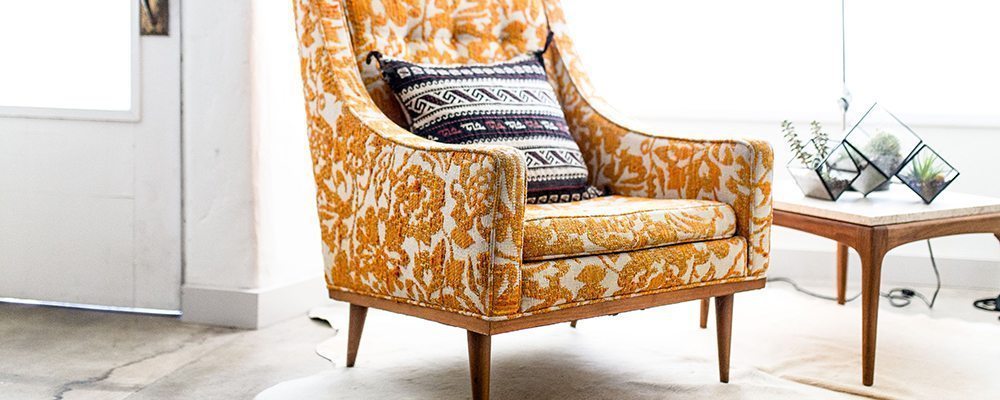
Whenever I’m asked what I do for a living, my answer seems to surprise, or confuse.
“I’m a dream analyst,” I might say, or “I’m a dream therapist”, or sometimes, to keep things easy, “I’m an author”, but that only invites the question, “What do you write about?”
Then curiosity kicks in, and keenness to share, because everyone dreams – at least five dreams a night – and while we may not remember them all, and some of us remember more than others, I have learned after 25 years in the business that everyone is intrigued and excited to finally find someone who can shed light on a particular dream that has always confounded them.
There’s so much more room in this world for professional dream workers.
When I first started in the business I was a rarity, and it’s an increasing delight, for me, to see more professionals entering the field to help people identify and transform blocks, limiting beliefs, inner conflicts, and habitual unconscious patterns, and to help them discover latent gifts and talents, a sense of purpose, meaningfulness, and direction.
The dream business is all about helping people to know themselves more deeply through their dreams, to resolve issues, reconnect to lost aspects of their self and soul, to heal, and to grow on every level.
Dream work is powerful because it accesses the dreamer’s unconscious mind, which is where change needs to occur if it is to be effective and long lasting. It’s also powerful because the client is aware that she is working with her own material – a dream that she created – and, in the careful hands of a therapist, can relate to. This sense of ownership of her dream and the issues it reveals opens her to real change.
Imagine a world where everybody had access to a professional dream worker upon waking from a scary or intriguing dream, or a world where everyone was taught from childhood the basics of understanding and working with their own dreams.
Yes, there’s plenty of room for more professional dream workers and more resources for credible community education about dreams in this world.
For myself, I split my work between my consultation business (consulting as a dream analyst and dream therapist) and community education through talking about dreams in the media, creating free resources such as The Dream Show podcasts, and writing books and blogs.
I have trained others in the art, science, and business of professional dream work for many years, mostly face to face or by phone or Skype, and it’s been such a pleasure, this year, to both deepen and broaden that work and make the training available in a more affordable online format through our dedicated training website, The Dream Academy.
What might your dreaming business look like? What calls to you?



